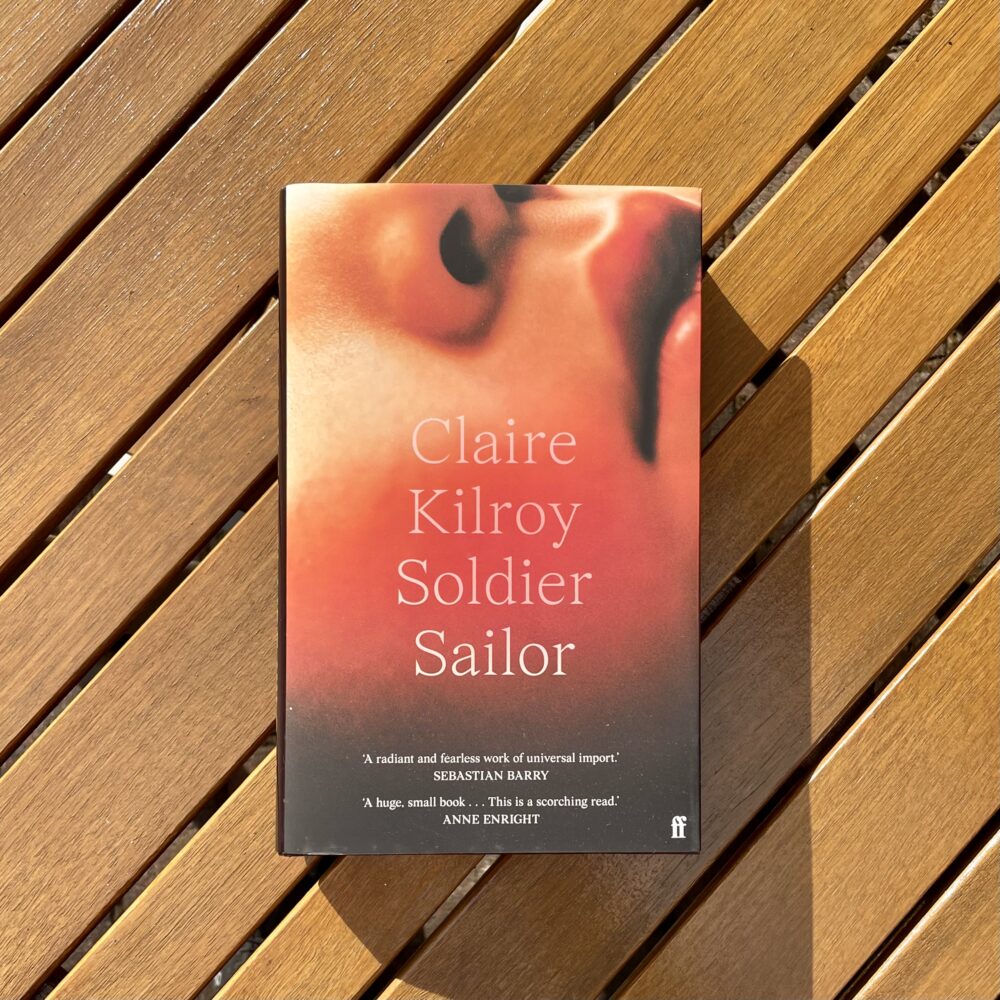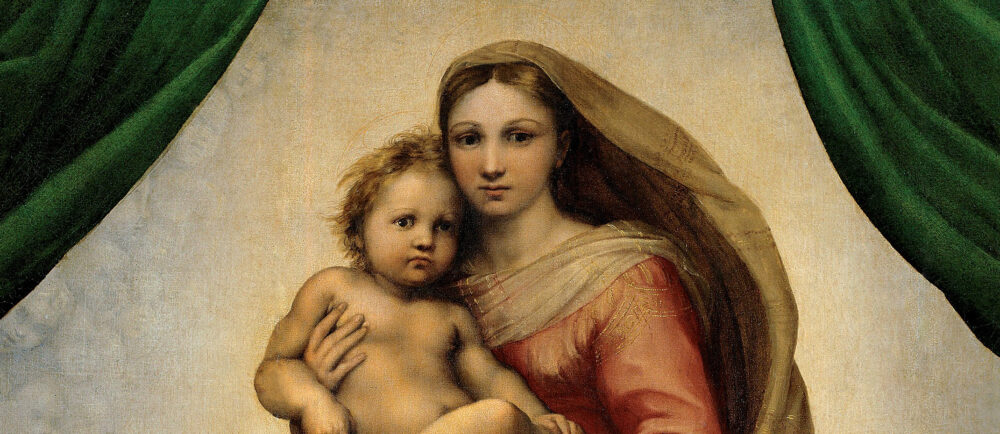I’ve been reading ‘Soldier Sailor’ by Claire Kilroy

This book, published a couple of months ago, is the first of Claire Kilroy’s novels I’ve read.
Kilroy is an Irish writer, and this book’s main characters are a new mother and her child who are living in Ireland. Despite the intensity of the bond with her child, the protagonist struggles with the transition from a working life and an independent identity to adopting the full-time role of ‘mother’. This also creates new tensions (or perhaps reveals existing tensions?) in her relationship with her husband, who continues to work. I mentioned a particularly striking passage a few days ago.
This was an intense, tough read: there isn’t a lot of plot, but the book brims with powerful emotion. Kilroy’s writing was transporting and gave me new insight into a tough life experience. It felt true. It felt like it explored an aspect of motherhood that is, perhaps, under-explored in contemporary literature: not a dislike of motherhood, exactly, but something more like a trapped ambivalence.
Another key character in the book is a stay-at-home father, a schoolfriend who the central character meets again in a playground. This provides another interesting set of insights into a relatively uncommon social situation. Kilroy incorporates this so naturally that it wasn’t until after I’d read the book that it really registered as a thoughtful bit of plot development.
This is well worth reading.
Some quotations I noted down:
Well Sailor. Here we are once more, you and me in one another’s arms. The Earth moves beneath us and all is well, for now. You don’t understand yet that what we share is temporary. But I do. I close my eyes and I understand.
I saw in the small hours of Good Friday in a black rage, a malevolent force pacing the corridors of my own home. I was an exhausted woman exhausting myself further and I seem to have broken through some barrier that night because reality ceased to be reality, not that I understood that at the time. To my mind I had experienced a staggering revelation. Namely: I was just a woman. I was just a woman! How had this not registered before?
I sat on the couch. ‘How was your day?’ I asked him and he embarked on tales of valour and derring-do from a distant galaxy. Things he had said, problems he had solved, names, many names, people I would never meet. It was too tiring to try to imagine them. ‘You’re not listening.’ I opened my eyes. May or may not have been asleep. ‘Sorry. How was your day?’ ‘I just told you.’ ‘Oh. You did. Sorry.’ ‘How was your day?’ ‘My day?’ I wondered, drawing a blank. Nothing recorded. Vegetative state. ‘Em,’ I said, ‘long.’
The day you were born a door appeared—or was revealed, really, having been there all along—the door out of life, the door when it’s over, you’re done, thank you: next, and I have to go through it first.
I always knew that, as the mother, I would get the blame for everything. If you grow up to be a serial killer, if you stash decapitated heads in your fridge like half-eaten turnips, they will say it was the mother’s fault.
This post was filed under: Post-a-day 2023, What I've Been Reading, Claire Kilroy.
